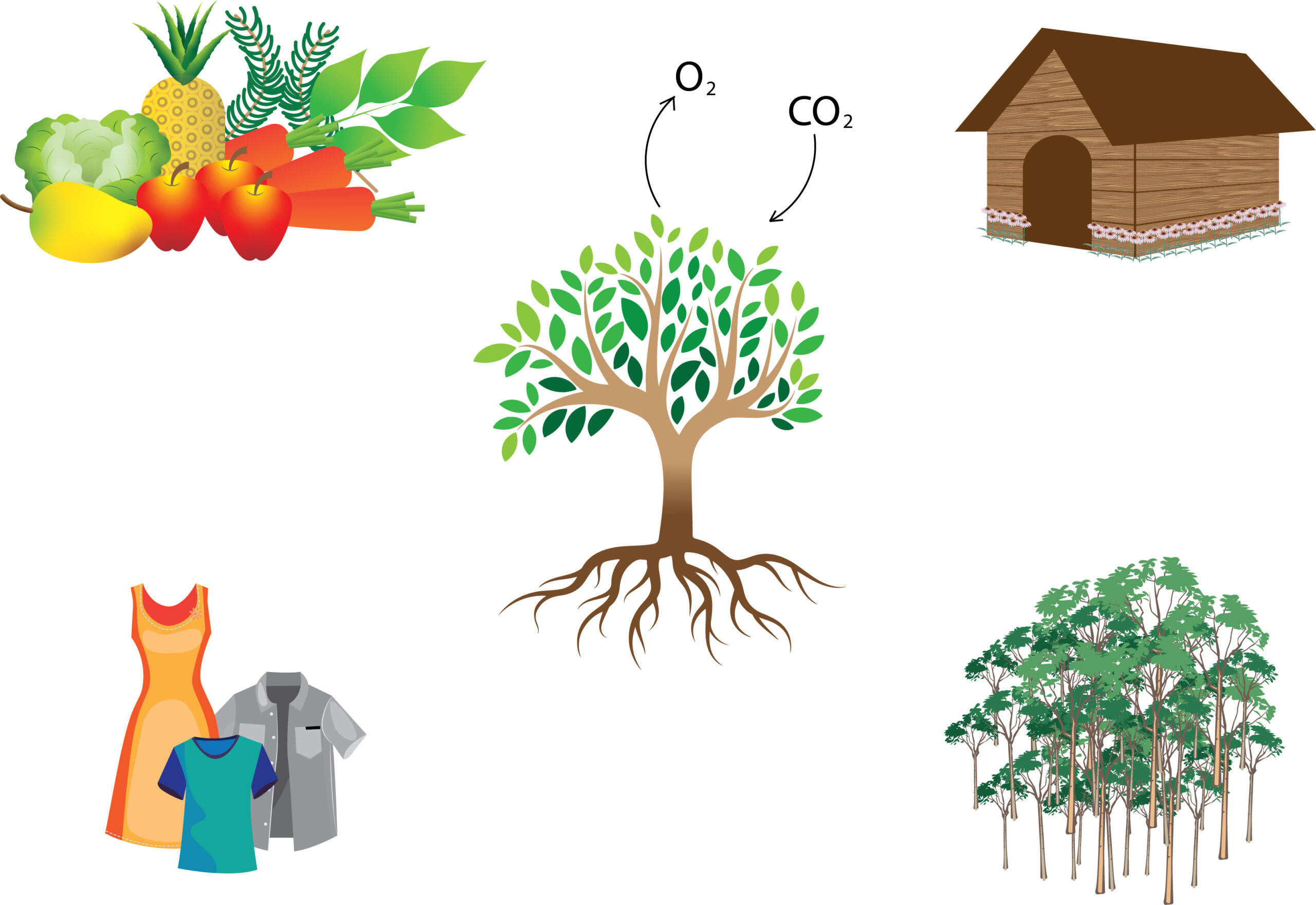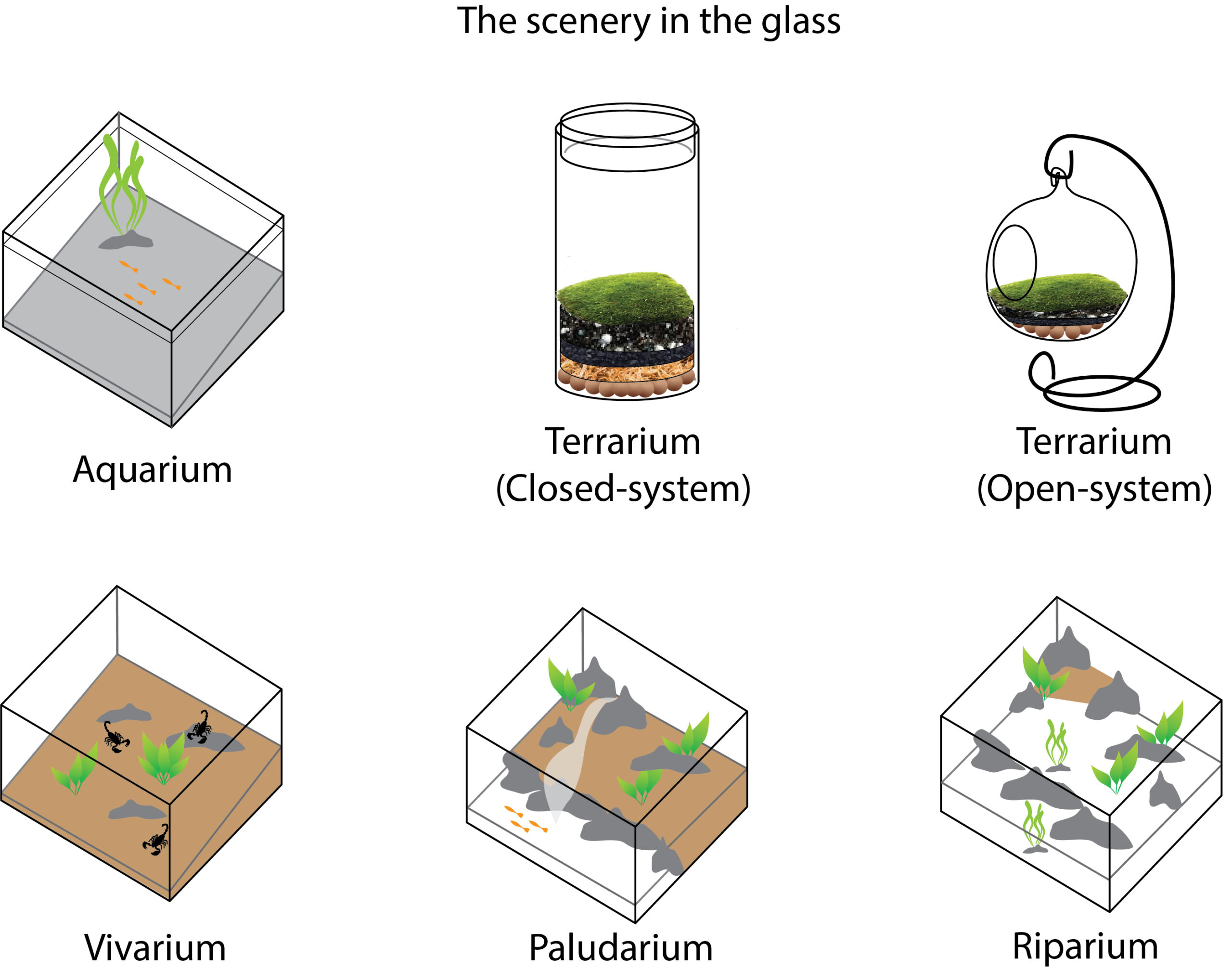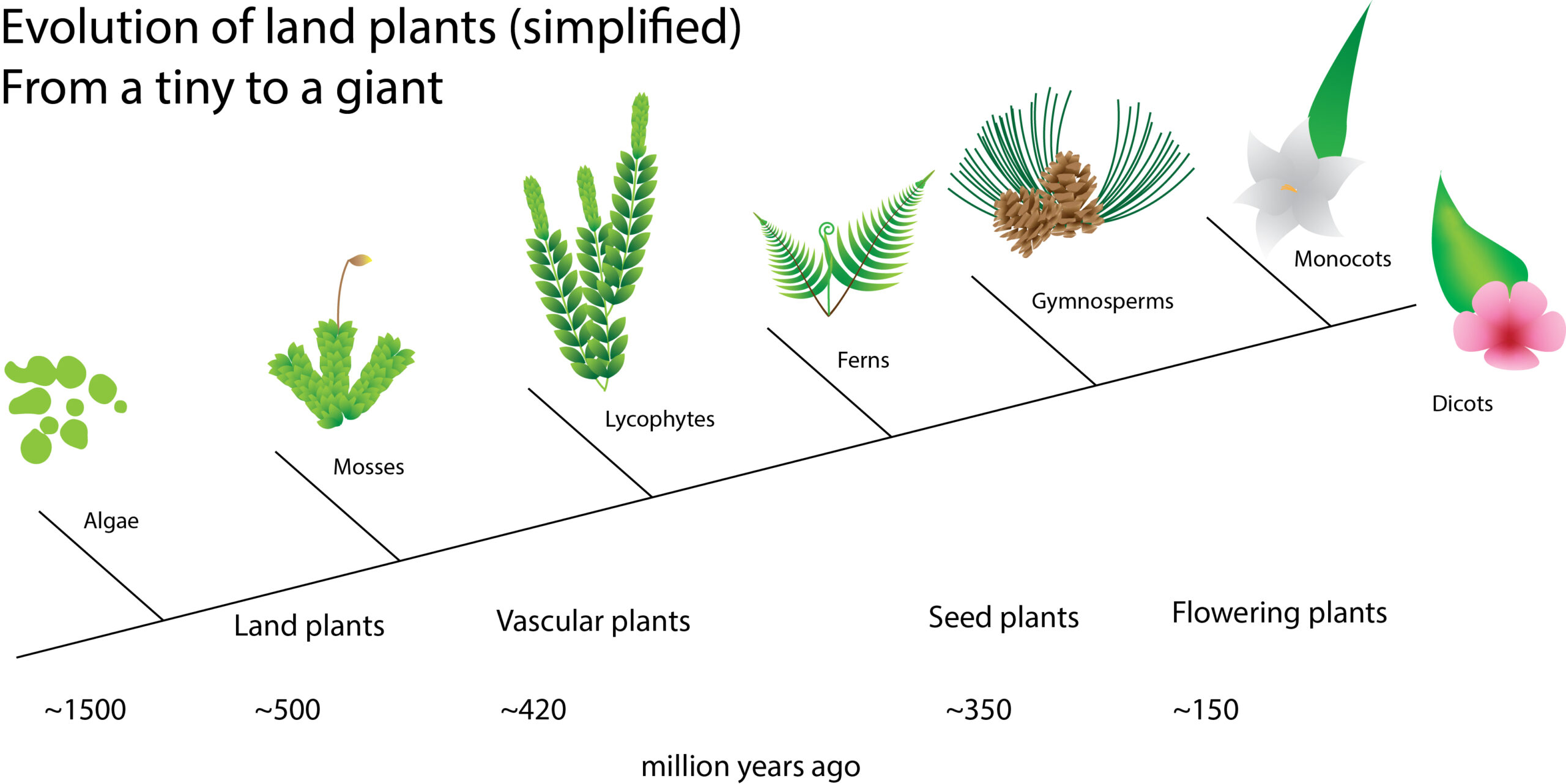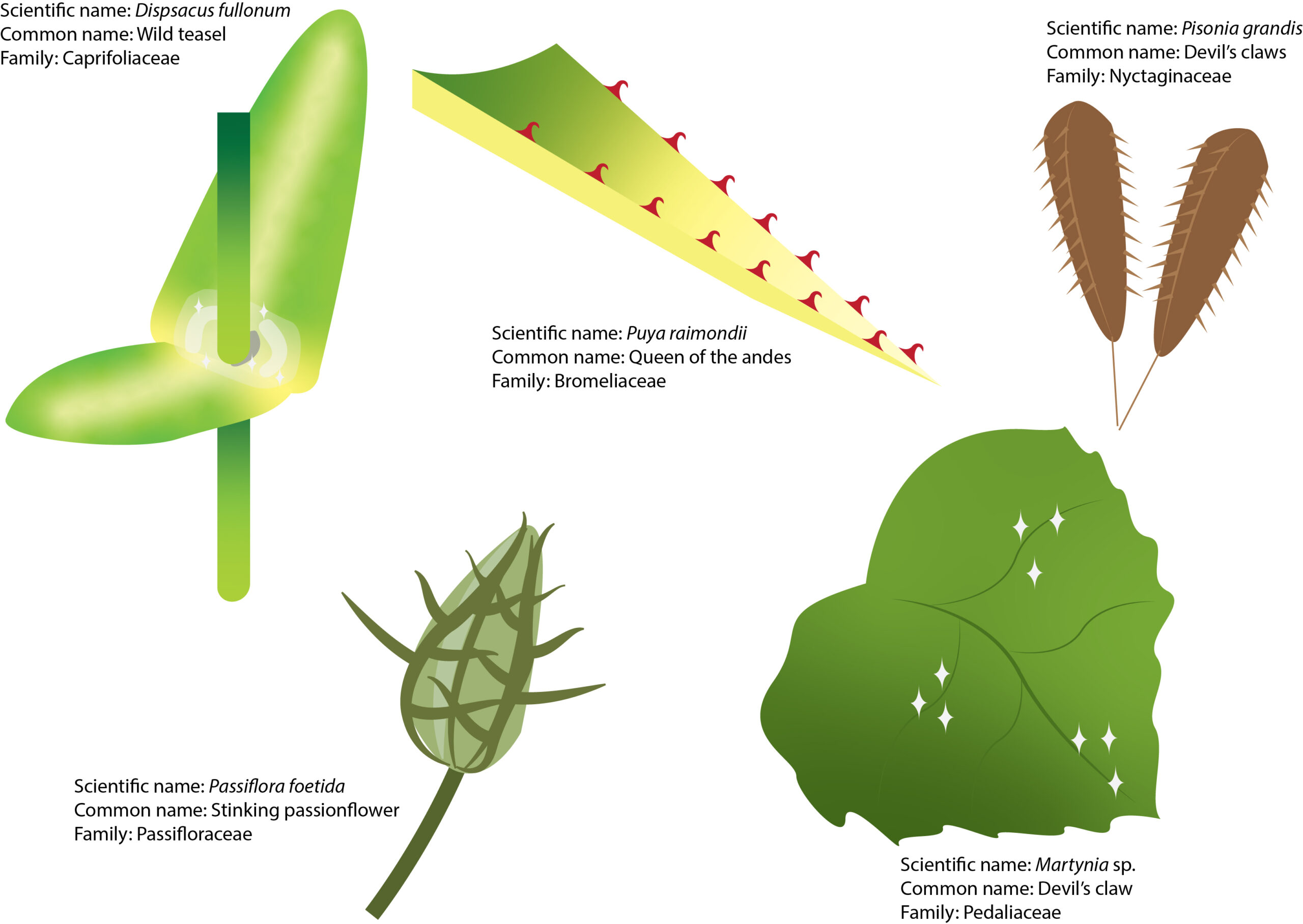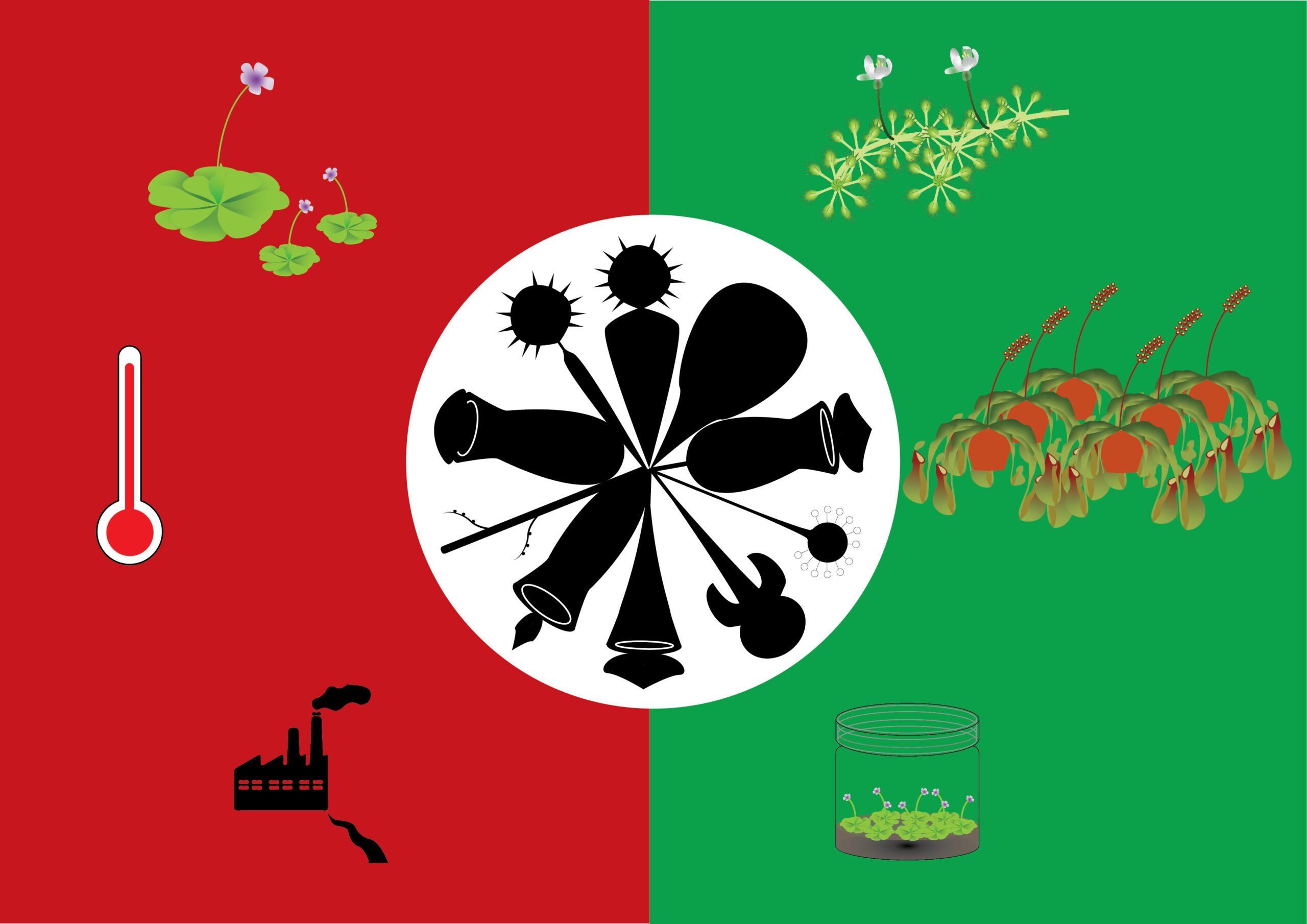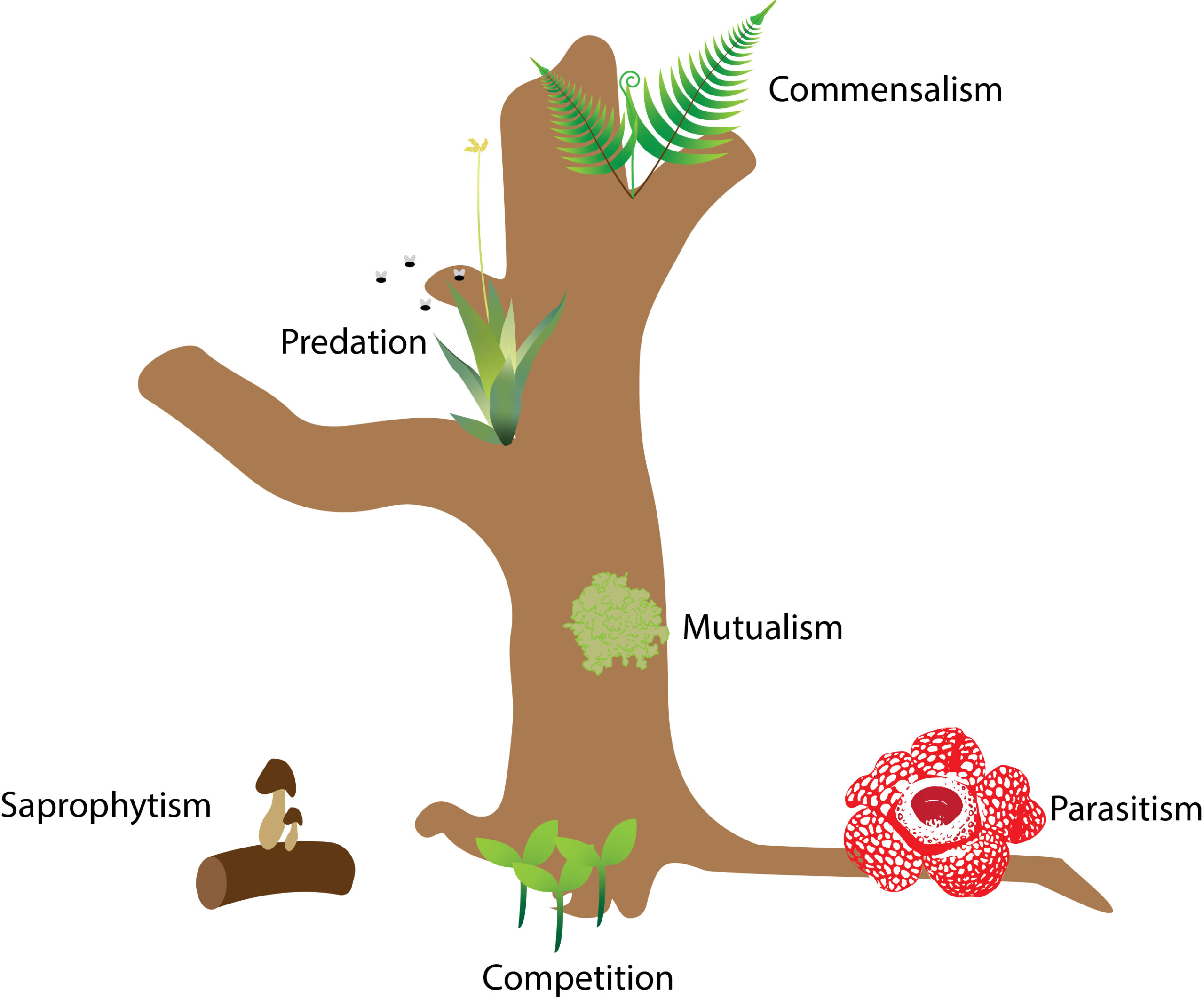The blessings not to be taken for granted – why plants matter
There are scientific terms called Plant Awareness Disparity (PAD), or Plant Blindness (PB) referring to peoples who recognize plants as a disadvantage or simply not as aware of them compare to animals and other organisms. Surprisingly, researchers found that the PAD is quite widespread indicating that many of us tend to not recognize the existence of plants. There are many reasons that the importance of plants is often neglected by us. However, a group of … Read more
